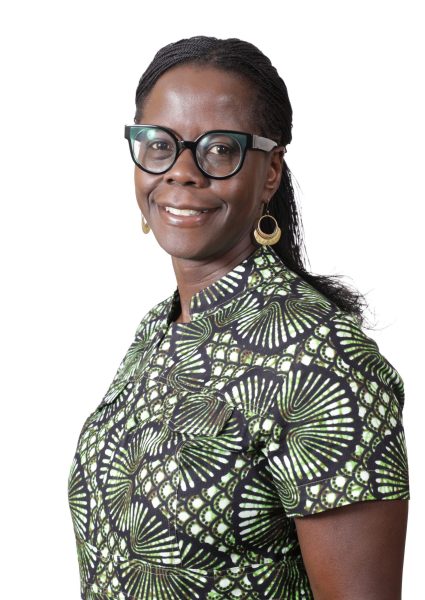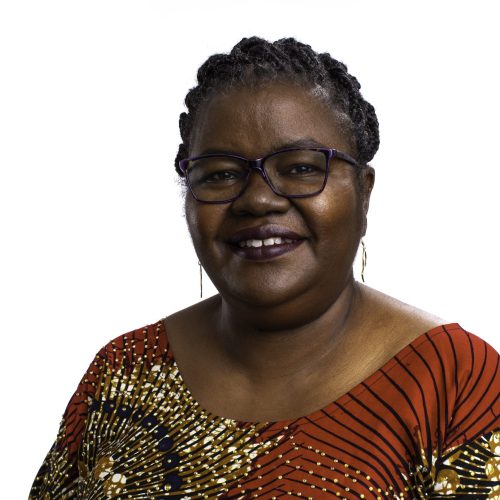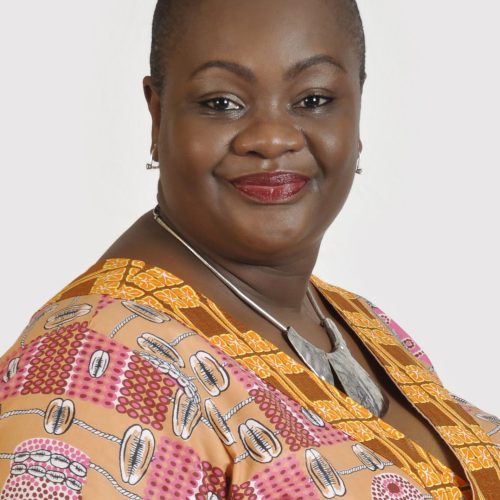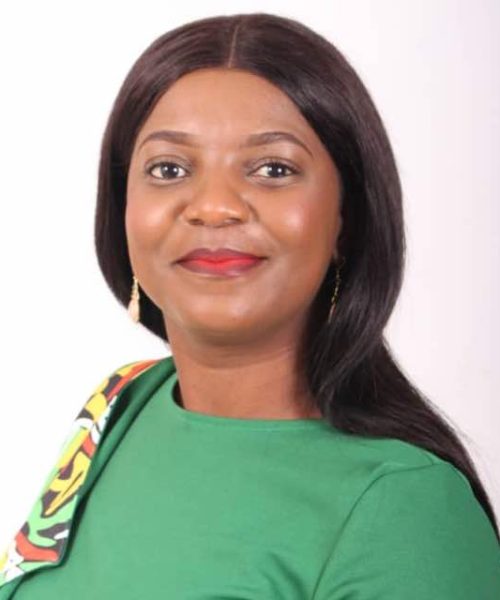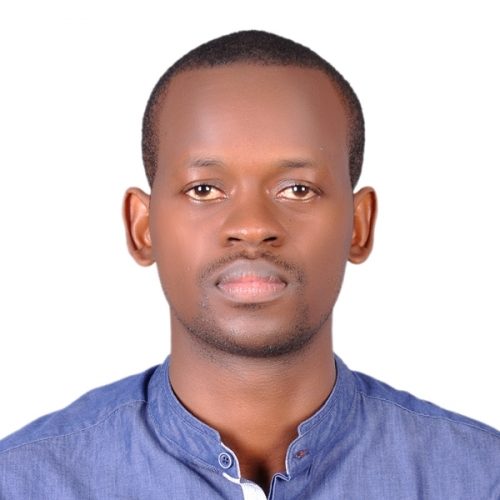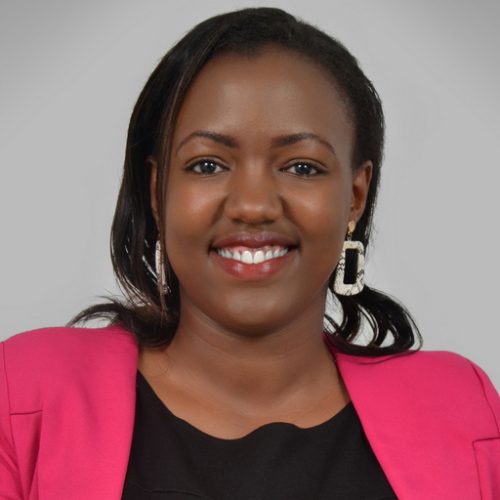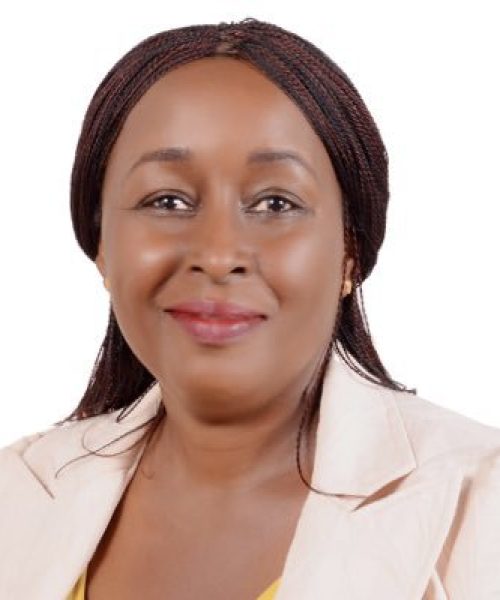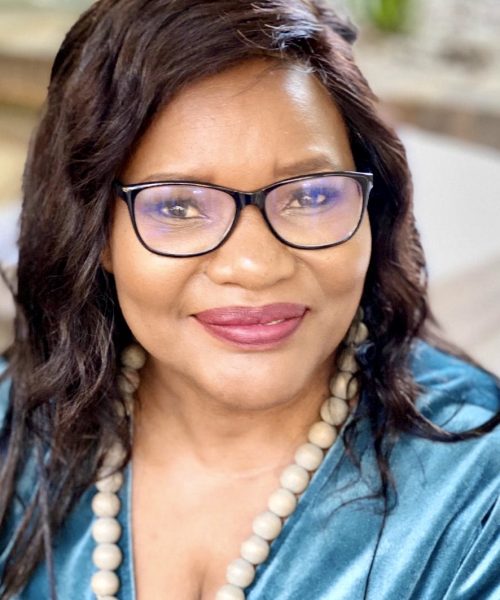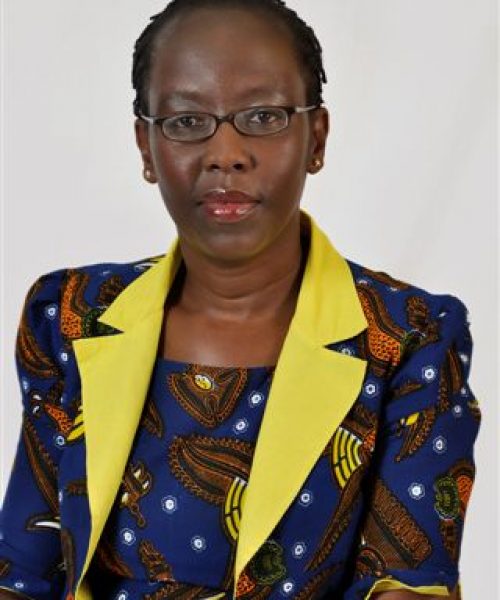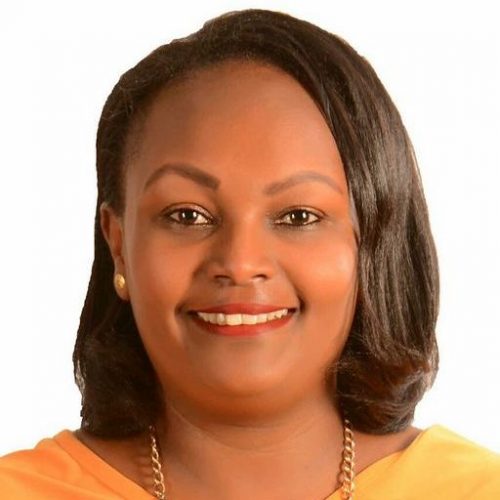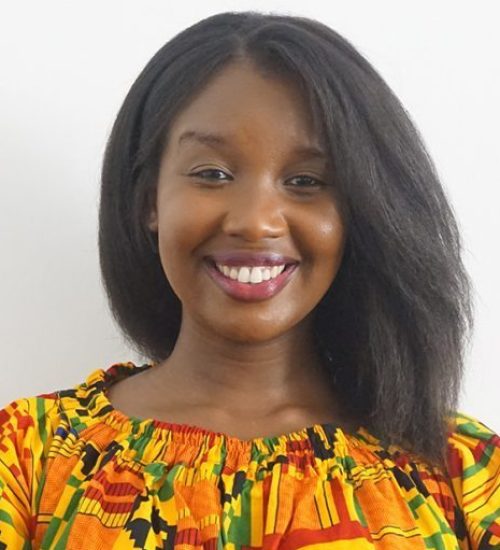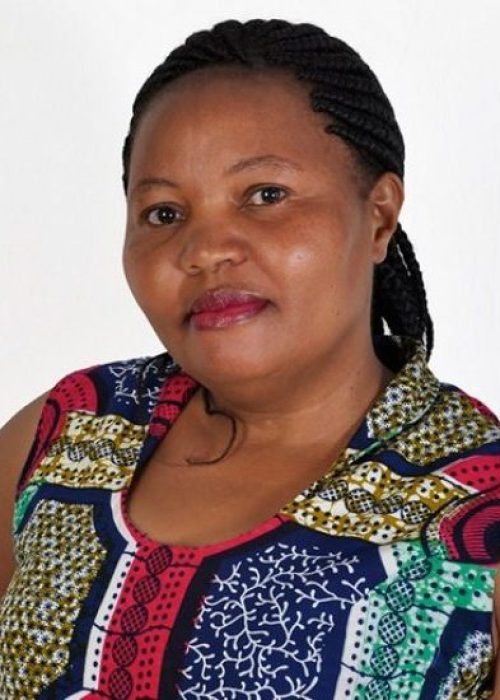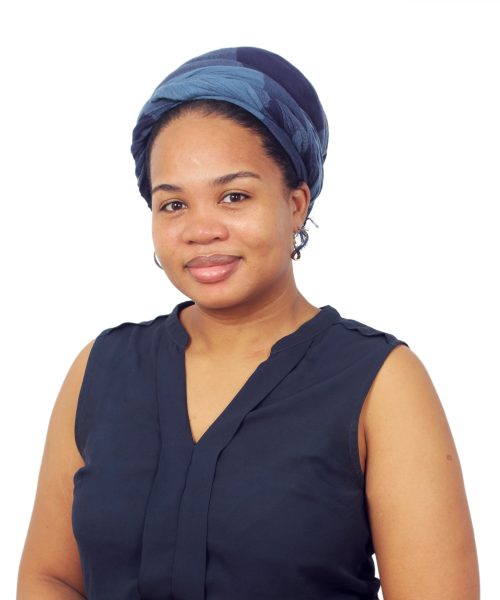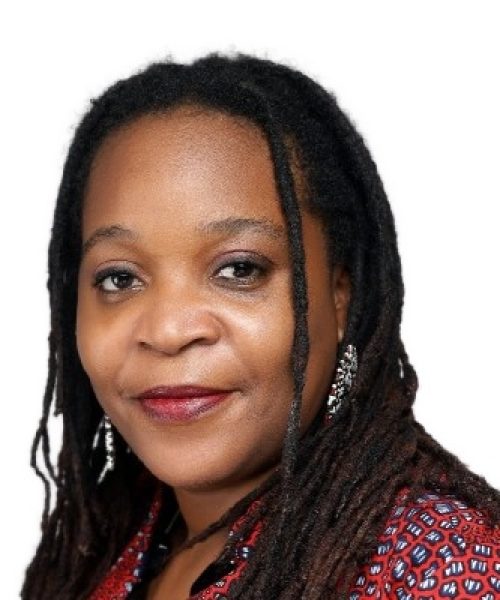16 Days of Activism: The Impact of Militarisation on Education
A Case for Education and Gender Equality, not War
By: Doreen Gaura
Though the recent global shock of terrorism may suggest otherwise, conflict and war are not new phenomena. They are and their affects are as old as time. The variance, however, lies in the impact that they have on the vulnerable groups that they affect and oppressive systems on which they depend (e.g. racism, imperialism, capitalism and patriarchy).
The trend of ever increasing militarization has an impact on black women and children first. And one of the first human rights to fall in the wake of military conflict is access to education.
As Amina Mama points out in her paper “Where We Must Stand: African Women in an Age of War,” there is a close link between militarism and capitalism. Where capitalism thrives, patriarchy proliferates. War deepens male dominance and imperialist hegemony, which both fuel the conflicts on the African continent. Too many people, mostly men and mostly non –Africans, as well as corrupt members of the African elite, profit from the industrialization of armed conflict.
Military conflict has plagued each corner of the continent, be it during colonialism or post-independence with devastating consequences. In contemporary Africa, we have seen countries like Nigeria, DRC, Rwanda, Kenya, Lebanon, Sudan, CAR, and Uganda, just to name a few, ravaged by military conflict. Their education systems have suffered tremendously as a result, particularly at the expense of the children and the women.
Education is inextricably linked to development. According to the 2015 Millennium Development Goal (MDG) report, despite boasting the best record of improvement for MDG 2 (achievement of universal primary education), Sub-Saharan Africa remains the lowest globally, at 80% access. Incidentally, the region, along with Western Asia, has recorded some of the worst military conflicts in modern history.
In Nigeria for instance, extremist military group Boko Haram wreaked havoc and has been known to specifically target schools and school children. They have killed over 1,200 students and hundreds of teachers in the past two years. More than 18 months ago, 59 boys were burnt to death at a boarding school in Yobe State and 276 girls were abducted from a school in Borno State resulting in a shutdown of schools in the region which only reopened in October this year. Although the schools officially reopened close to 2 months ago, it is reported that some teachers and students in the area are apprehensive about returning to school fearing more attacks.
We even see similar direct barriers to accessing education as a result of military activity in the DRC which is a country that has been in a state of war, on and off, since the 1990s and the 2000s was often referred to as “the world’s most neglected humanitarian crisis”. According to the World Bank Implementation Status Report of 2015, the DRC is also one of the countries on the continent with the largest number of children out of school. The report claims that 3.5 million children of primary school age are not in school, which is linked to the lasting effects of the wars the country has suffered and the continuing violence in the east of the country, corruption, and poor governance.
In South Africa, Ethiopia and Kenya we have seen militarism affect students in institutions of higher learning with the militarized police response to the recent nationwide #FeesMustFall protests by university students in South Africa, the student protests against the possible eviction of Oromo farmers in the Oromia region as well as the Garissa University shooting of Christian students by Al Shabab militants respectively. The violence and brutality of these attacks have had negative impacts on the education processes at these institutions and even more on the physical and psychological wellness of students.
The effects of militarism on access to education are accompanied by other vulnerabilities which further impede women and children’s access such as displacement, poverty, hunger, disease, sexual violence and exploitation with boys more likely to be forced into armed conflict as child soldiers and girls forced into marriage or sexual exploitation.
As is evidenced in many countries, sexual violence is very rife in conflict situations and this exacerbates the inability of women and children to access education or in the event that they do, to participate fully and effectively. Rape has repeatedly been used as a weapon of war in the DRC with thousands of women and girls having been subjected to brutal sexual violence. Men too have fallen victim to rape with 22% compared to 30% for women having reported being raped (2010), however, it is the children who remain disproportionately more likely to be raped with 65% of rape victims being children.
Forced marriages by militia groups are also all too common in Nigeria, DRC, South Sudan, and Uganda. In the same countries, as well as the Central African Republic, boys are also ripped away from their families and forced to join militia groups such as the LRA (Lord’s Resistance Army) which operates in all these countries, save for Nigeria.
The displacement of people all across the continent due to armed conflict and militarization not only created a refugee crisis that makes people fleeing from violence vulnerable to other forms of violence that not only deprive them of their personal safety and dignity but of their freedom of movement and accessing services and facilities such as schools as we have seen happen in many countries. Even when they are able to access educational facilities, the trauma resulting from the conflict and the secondary traumatization they often face at the hands of receptor communities or authorities or secondary abusers, impede their ability to fully and actively participate in ways that are beneficial to them.
All of the things listed above contribute greatly to depriving women and children from accessing inclusive and equitable quality education and opportunities for lifelong learning as is called for in the Sustainable Development Goals (SDGs).
African governments need to invest less in militarisation and a lot more in education. They also need to establish and strengthen policies and laws that address equitable and quality education as well as engender the political will to meet their regional and international obligations to human rights instruments by adequately and effectively implementing them. All of this has to be done holistically by eradicating all socio-economic, racial, cultural, and gender inequality that arrest education and development.


